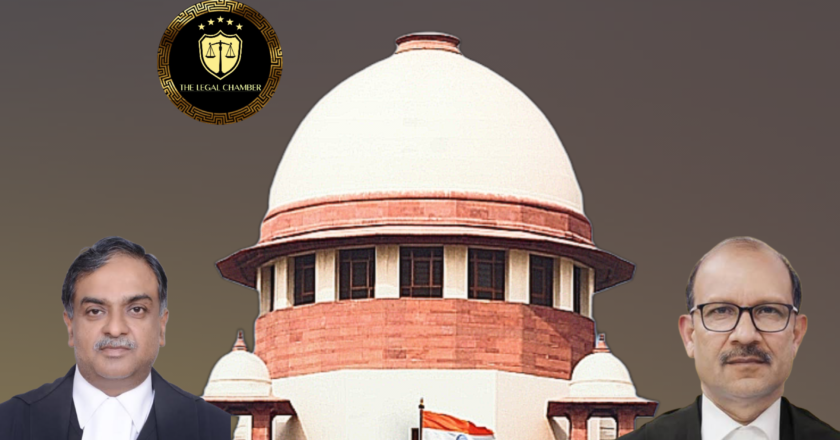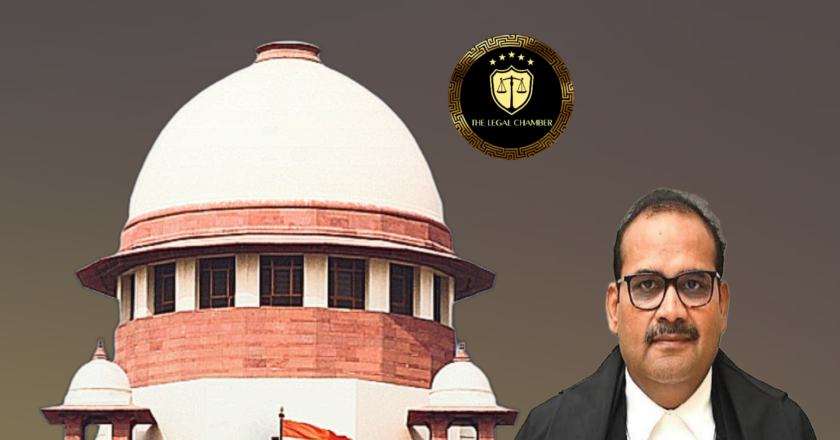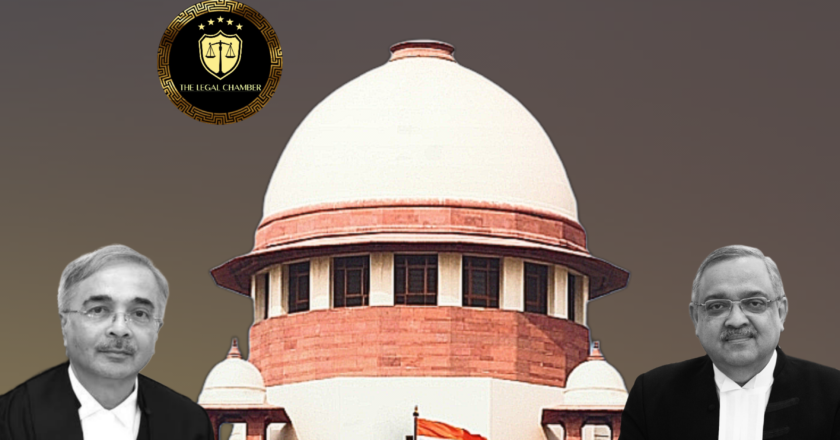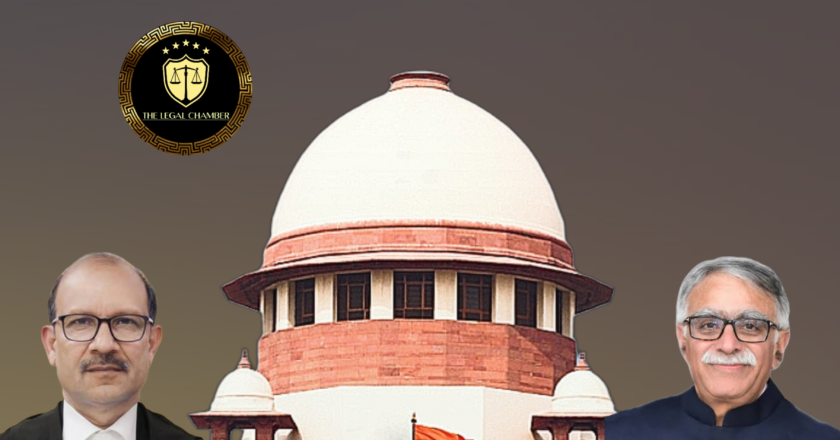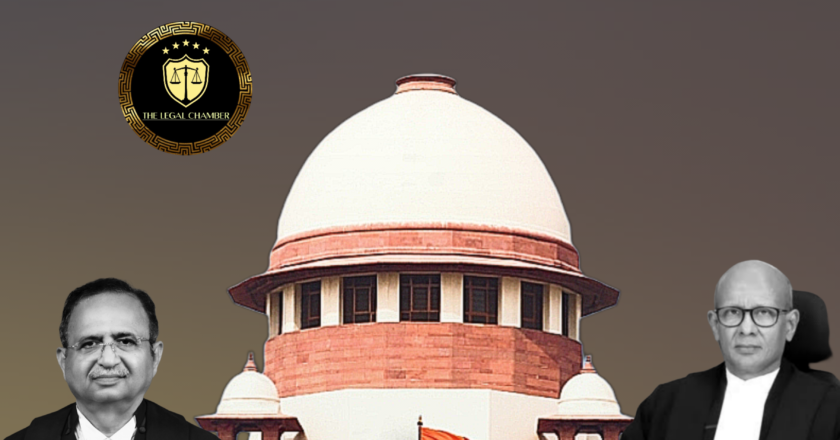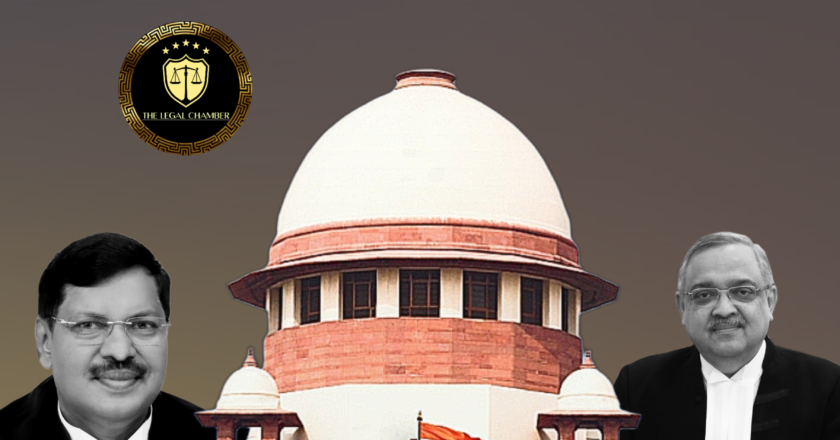A Landmark Ruling on Fair Trials: Supreme Court Issues New Guidelines for Video Conferencing and Witness Confrontation
The Supreme Court of India acquitted the appellant, primarily on the ground that the dock identification of the accused by the sole injured eyewitness, recorded via video conferencing after an inordinate delay of over eight years, was deemed unsafe and unreliable. The Court found the testimony suffered from material improvements and inconsistencies, and the recoveries were not conclusively linked to the crime. Consequently, the prosecution failed to prove guilt beyond reasonable doubt.
Facts Of The Case:
In the intervening night of 2nd/3rd November 2008, five assailants broke into the Delhi residence of Madan Mohan Gulati and his wife, Indra Prabha Gulati (PW-18). The intruders assaulted the elderly couple, resulting in Madan Mohan's death and serious injuries to Indra Prabha. The poli...
